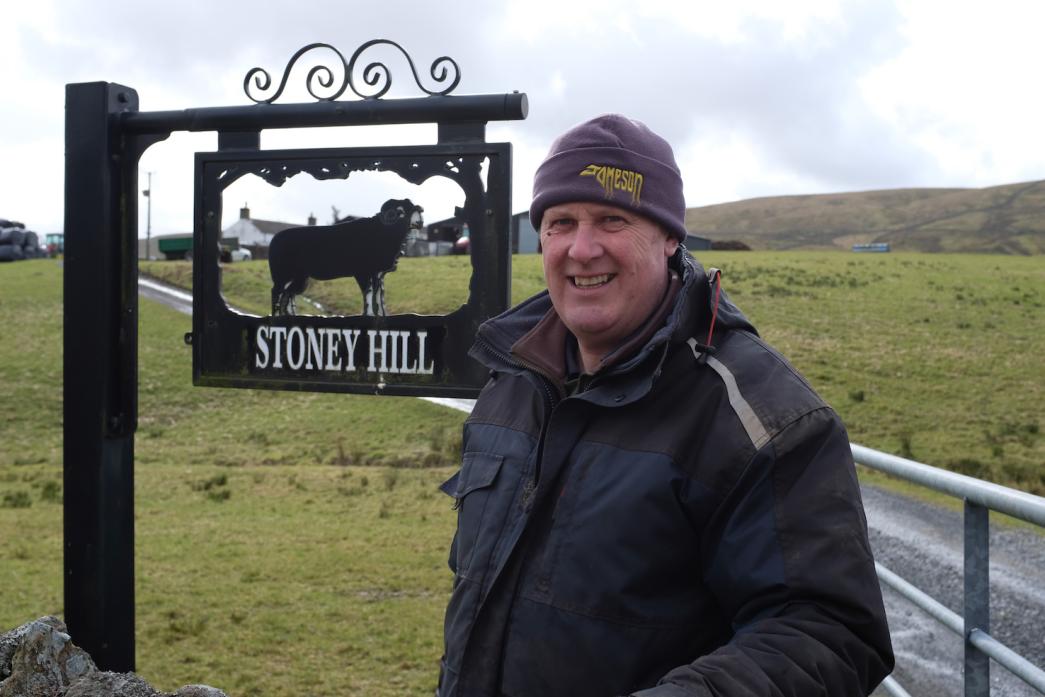
A SHEPHERD has given a fascinating insight into farming life in rural Teesdale as part of a new podcast series.
Michael Watson, of Stoney Hill Farm, talked about the impact of last year’s rain, which led to a year without haymaking for the first time in living memory, when he spoke on the Yorkshire Dales’ National Park Authority’s Voices of the Dales podcast.
It forms part of the Tees-Swale: Naturally Connected programme and has been produced by journalist Andrew Fagg, from Hawes.
Mr Fagg met the Harwood shepherd in February for the fifth episode of the podcast.
In it Mr Watson explained the challenge presented by persistent wet weather in the upper dale, one of which is how it encourages the growth of rush.
He said: “Yes, they want some rushes and the birds like rushes – I wouldn’t like to see the last rush go off the farm because they are very good at lambing time.
“When the weather is bad and it’s windy and cold you will see the lambs hiding in behind a rush bush – it is shelter for them. But you don’t want a blanket like this, it is not a bit of good.”
Another problem was the inability to make hay last summer because there was never a window of sunshine long enough.
Mr Watson said: “All the time we were watching the forecasts – you were wanting to put your foot through the telly sometimes. If there was a glimmer of hope, it never materialised or it was a day short. We many-a-times set off to cut, but it just would never give that third day and it all had to be wrapped up.
“We have always been able to make a bit of hay somehow, even going back to 1985 when there was a real bad summer.”
This meant the farm had to buy hay from merchants to ,keep the sheep fed over the winter.
The farmer said: “I think we are just going to have to accept it – milder through winter with not as much snow and rain.”
The upper dale farmer was then joined by his daughter Rachel for episode six of the podcast when he spoke about farming with nature, including the variety of birds that thrive in the area.
He said he had not seen the decline in wildlife that had been claimed.
He added: “There is as much wildlife about as there ever was.
“I don’t know where some of them get this idea from. We are always getting bad press about farmers doing this and that and everything is depleted in these dales.
“There is the odd species that isn’t here now, but I think it is more to do with their wintering.”
He said yellow wagtails used to be a familiar sight in the summer before flying off to Africa for the winter – but they have stopped returning to Teesdale.
“I don’t know whether it has gone wrong on their end, because things are just the same here, there is nowt changed, so I can’t see how it could be at this end.”
The episode also talks about the Swaledale breed of sheep and changes to the farm payment system.
People can listen to the podcast by visiting dales countrysidemuseum.org.uk or search for Voices from the Dale on any popular podcast platform.





